Pachymic acid
- CAS NO.:29070-92-6
- Empirical Formula: C33H52O5
- Molecular Weight: 528.76
- MDL number: MFCD00238657
- SAFETY DATA SHEET (SDS)
- Update Date: 2025-12-25 11:31:46
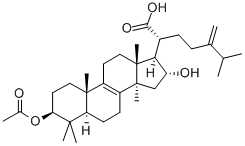
What is Pachymic acid?
The Uses of Pachymic acid
Pachymic Acid is a natural triterpene extract which suppresses invasiveness of pancreatic cancer cells through the downregulation of MMP-7.
Definition
ChEBI: Pachymic acid is a triterpenoid.
Anticancer Research
Extracted from Poria cocos, pachymic acid (PA) is a tri-terpenoid (a lanostanetype), which is reported to have anticancerous properties. NCI-H460 and NCI-H23cells, the lung cancer cell lines, were studied for the effect of pachymic acid.Expression of a major UPR target gene-regulated protein, CHOP, was upregulatedresulting in cell apoptosis after PA treatment. It was discovered that ROS inhibitorsblocked the ER stress activation induced by PA. The results indicated that ROSproduction is also regulated by PA in lung cancer cells (Cheng et al. 2015; Jun et al.2015). As per the studies conducted on MIA PaCa-2 and PANC-1 cell lines,PA-induced apoptosis in pancreatic cancer cell resistant to gemcitabine wasdependent on in vivo and in vitro activation of ER stress. PA can be exploited for itsanticancer effects for treatment of pancreatic cancer resistant to chemotherapy(Cheng et al. 2015).
Properties of Pachymic acid
| Melting point: | 300 °C(Solv: methanol (67-56-1); acetone (67-64-1)) |
| Boiling point: | 612.2±55.0 °C(Predicted) |
| Density | 1.10±0.1 g/cm3(Predicted) |
| storage temp. | Hygroscopic, -20°C Freezer, Under inert atmosphere |
| solubility | Methanol (Slightly), Pyridine (Slightly) |
| form | Solid |
| pka | 4.65±0.10(Predicted) |
| color | White to Off-White |
| Stability: | Hygroscopic |
Safety information for Pachymic acid
Computed Descriptors for Pachymic acid
New Products
Indole Methyl Resin tert-butyl 9-methoxy-3-azaspiro[5.5]undecane-3-carboxylate Boc-His(Boc)-OH 2-CTC Resin 4-Chloro-7-tosy1-7Hpyrrolo[2,3-d]pyrimidine 5,7-Dibromo-1H-indole 2,5-dichloro-N-hydroxy-4,6-dimethylpyridine-3-carboximidamide 2,2-Dimethoxy-7-azaspiro[3.5]nonane hydrochloride 4-chloromethyl-5-methyl-1,3-dioxol-2-one (DMDO-Cl) R-2-BENZYLOXY PROPIONIC ACID 1,1’-CARBONYLDIIMIDAZOLE 1,1’-CARBONYLDI (1,2-4 TRIAZOLE) N-METHYL INDAZOLE-3-CARBOXYLIC ACID 4-((2-hydroxyethyl)thio)benzoic acid 1-(TERT-BUTOXYCARBONYL)-2-PYRROLIDINONE Methyl 6-methylnicotinate 3-Pyridineacrylic acid tert-Butyl carbazate TETRAHYDRO-2H-PYRAN-3-OL 2-((4-morpholinophenylamino) (methylthio) methylene) malononitrile 3-(4-morpholinophenylamino)-5-amino-1H-pyrazole-4-carbonitrile 2,4-dihydroxybenzaldehyde 1,3-Diethyl-1,3-Diphenylurea Methyl 2-methylquinoline-6-carboxylateRelated products of tetrahydrofuran
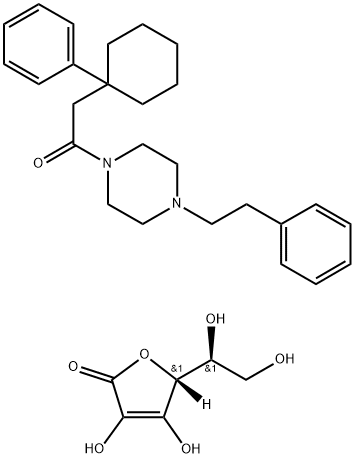

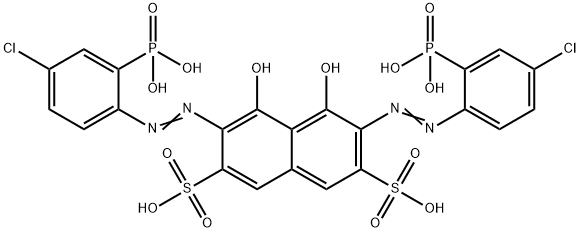

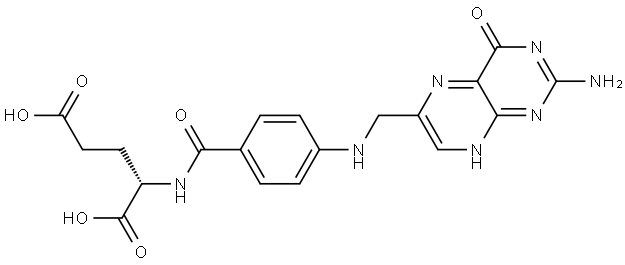
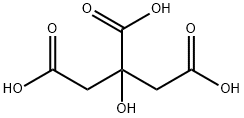


You may like
-
 Pachymic acid 98% (HPLC) CAS 29070-92-6View Details
Pachymic acid 98% (HPLC) CAS 29070-92-6View Details
29070-92-6 -
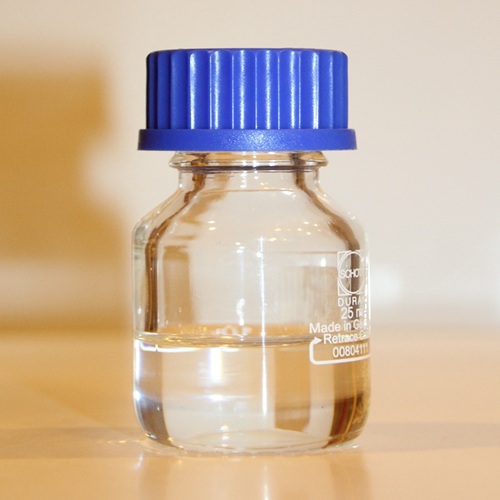 Pyridine 99.5% HPLC /UV SpectroscopyView Details
Pyridine 99.5% HPLC /UV SpectroscopyView Details
110-86-1 -
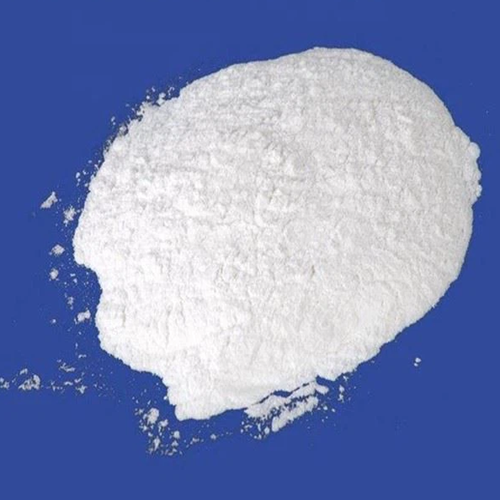 Guanine , 99%View Details
Guanine , 99%View Details
73-40-5 -
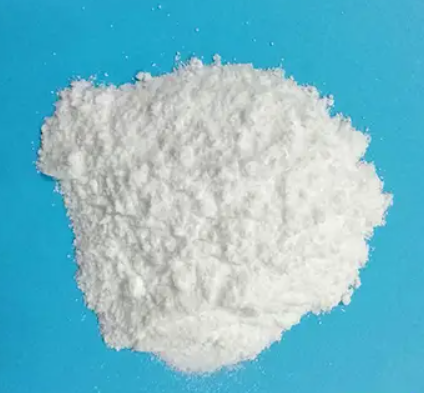 Piperazine Spot supply, best priceView Details
Piperazine Spot supply, best priceView Details
110-85-0 -
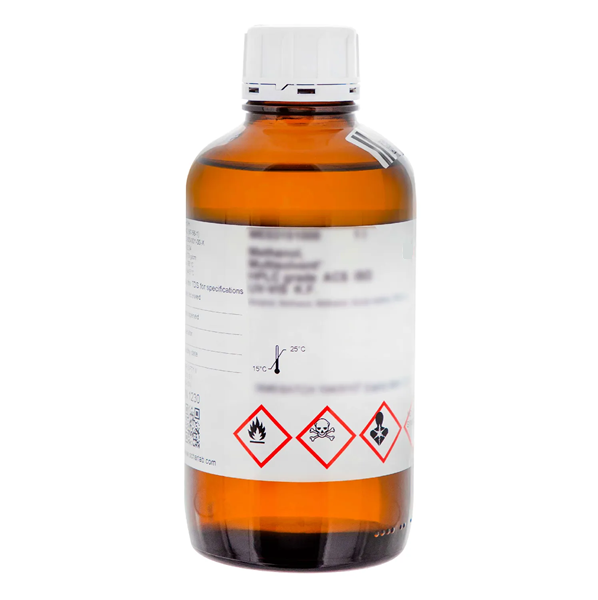 Dibutyl PhthalateView Details
Dibutyl PhthalateView Details
84-74-2 -
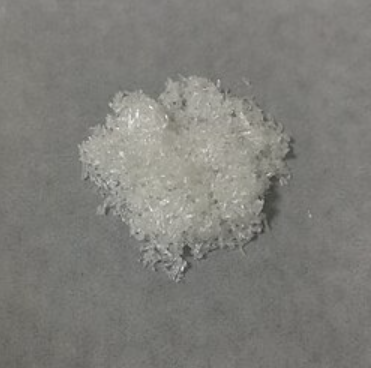 Imidazole Spot supply, competitive priceView Details
Imidazole Spot supply, competitive priceView Details
288-32-4 -
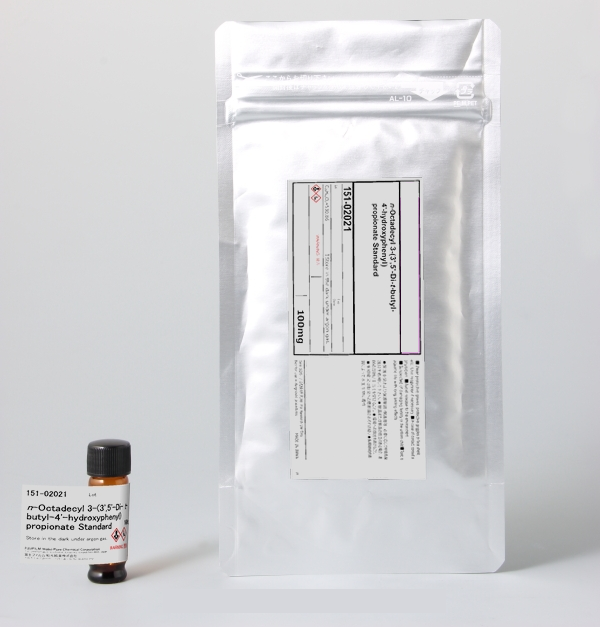 Octadecyl 3-(3,5-di-tert-butyl-4-hydroxyphenyl)propionate 98% (GC)View Details
Octadecyl 3-(3,5-di-tert-butyl-4-hydroxyphenyl)propionate 98% (GC)View Details
2082-79-3 -
 Thiourea 99% ARView Details
Thiourea 99% ARView Details
62-56-6
